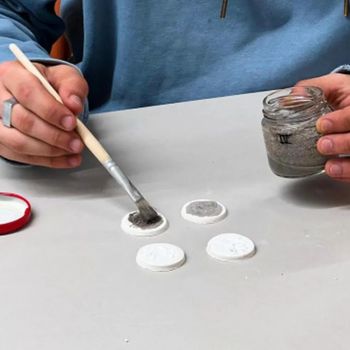miniFARM - A local blueprint for Black Soldier Fly farming
Jacopo Margaglia
miniFARM is a master’s thesis project that investigates how decentralised insect farming can support more circular and locally grounded feed production systems in South Tyrol, Italy. Centred on Hermetia illucens (Black Soldier Fly, BSF) as both a biological agent and infrastructural element, the project explores context-specific strategies to reduce dependency on imported feed and mitigate the environmental impacts of conventional production.
Through a transdisciplinary design approach, the research integrates academic study, fieldwork, material experimentation, and iterative prototyping to develop a low-tech, adaptable BSF rearing system. By valorising regionally available organic by-products as rearing substrates, miniFARM aims to close resource loops and address food waste while enabling local feed self-production. The project is grounded in agroecological and food sovereignty frameworks, positioning insect farming as a socio-ecological and re-directive design practice rather than a technological fix. Insects are understood as active ecological agents that shape both processes and outcomes.
The resulting handbook guide and open-source, modular rearing system are conceived to support democratic, regenerative, and place-based models of feed production. By intertwining critical design practice with situated experimentation, miniFARM seeks to strengthen local autonomy, foster agroecological resilience, and contribute to community-driven transitions toward more just and sustainable agrifood systems.

miniFARM's Reproduction Unit's detail of the Egg-Trap

miniFARM's Keystone Panel in the Reproduction Unit, with the Egg-Trap and the Pupae Container
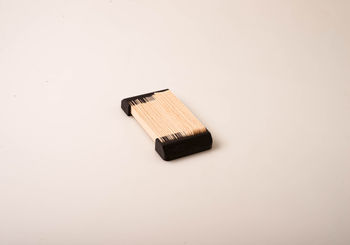
3D-printed Egg-Trap
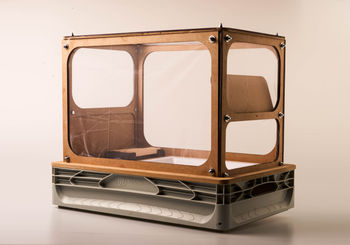
miniFARM's Reproduction Unit

miniFARM's Fattening Unit
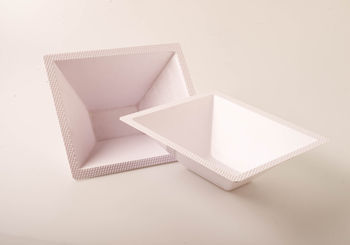
Plastic crates for the Fattening Unit and the Reproduction Unit

The miniGUIDE

Thesis book
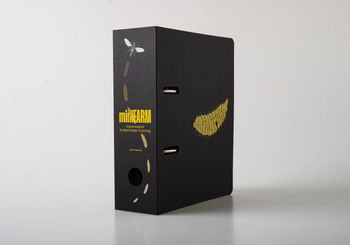
Thesis book


